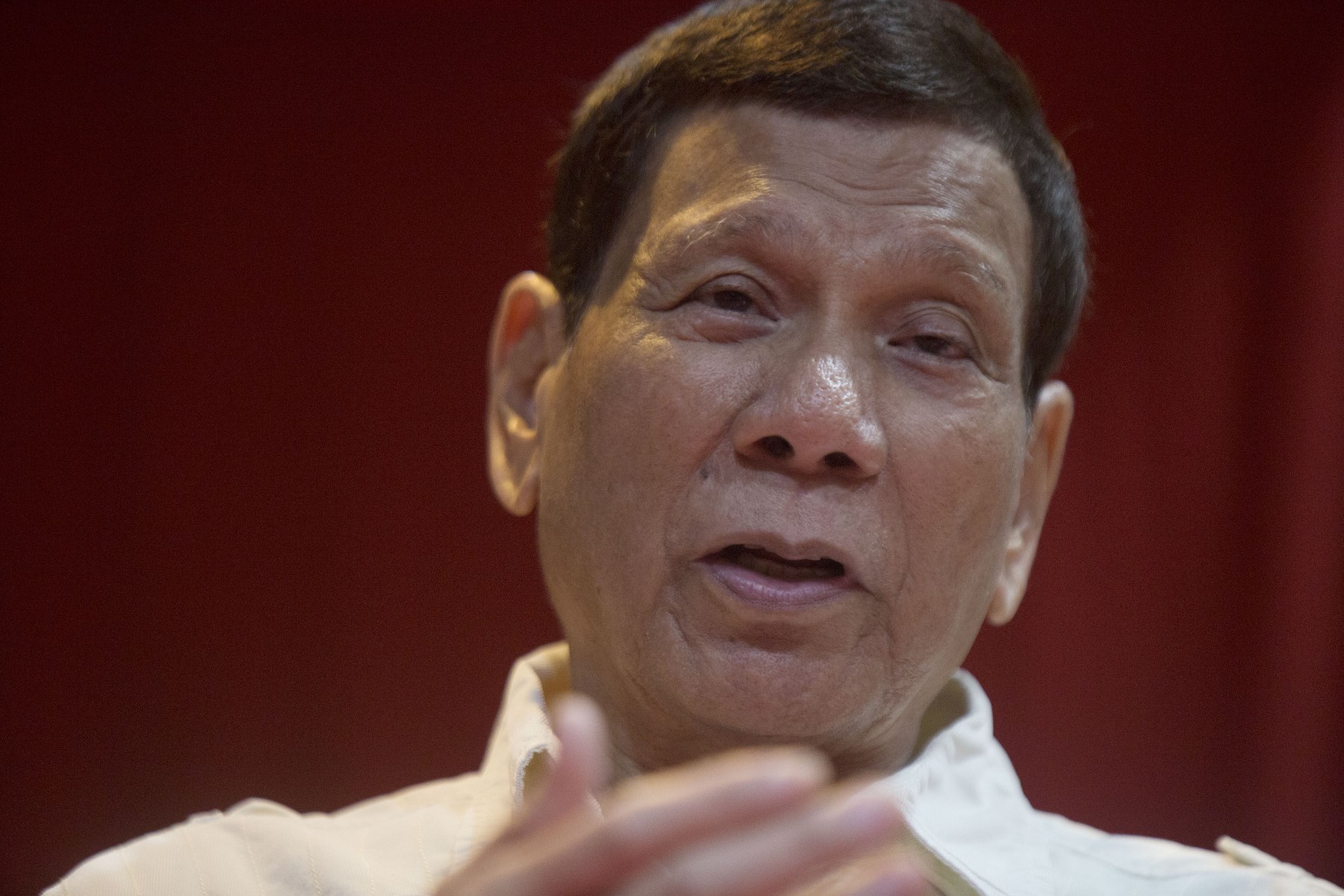No need for interference: Solon says CHR, courts can handle Duterte drug war violations
At A Glance
- The Commission on Human Rights (CHR) and the judiciary are well-equipped to perform their mandates independently as far as the human rights violations during the Duterte administration's war on illegal drugs is concerned, according to Manila 3rd district Rep. Joel Chua.
 Former president Rodrigo Duterte (Keith Bacongco/ MANILA BULLETIN)
Former president Rodrigo Duterte (Keith Bacongco/ MANILA BULLETIN)
The Commission on Human Rights (CHR) and the judiciary are well-equipped to perform their mandates independently as far as the human rights violations during the Duterte administration’s war on illegal drugs is concerned.
Thus, said Manila 3rd district Rep. Joel Chua on Sunday afternoon, May 5 as he respectfully asked the executive and legislative to step aside regarding the issue.
Chua acknowledged the International Criminal Court’s (ICC) probe on former president Rodrigo Duterte's bloody war on drugs, which according to critics led to the death of at least 10,000 people.
“There is another way to hold accountable those who took part in the reprehensible and disgusting utter regard for human life, decency, the rule of law, and constitutional due process,” he said.
Chua went as far to say that President Marcos need not reassess or alter his stance on the ICC investigation. “It is simply constitutional and legal to let the CHR and the judiciary do their jobs," he said.
Chua, a lawyer, pointed to Republic Act (RA) No.9851, titled “Act Defining And Penalizing Crimes Against International Humanitarian Law, Genocide And Other Crimes Against Humanity, Organizing Jurisdiction, Designating Special Courts, And For Related Purposes".
He says the intention of the law is to "hold to account those who order, mastermind, perpetrate, and cover up crimes against humanity and other crimes of the highest order".
According to the Manila solon, the statute provides the legal bases, processes, courts, mechanisms, and penalties against crimes against humanity.
Chua said the executive department and Congress need not intervene in the ICC probe, and even argued that the CHR and the judiciary can do the job sans any external interference.
“The executive department and Congress need not lift a finger to help [or] block the [ICC] in its investigation of the inhumane and horrific war on drugs of the previous administration, the alleged co-conspirators, masterminds, accomplices before and after the fact, and their henchmen. The CHR and the judiciary are there to execute their mandates," he said.
Chua stressed the Philippines' obligation as a sovereign state and a founding member of the United Nations (UN) to adhere to international law.
“Being a sovereign state in the international community and Founding Member of the UN, the Philippines is legally-bound to follow international law, including the UN Convention on the Privileges and Immunities of the United Nations, and to respect the United Nations Laissez-Passer or the UN Passport and all holders of the UN Passport,” he pointed out.
“If the Philippines denies entry to the ICC prosecutor, investigators, and staff that would be a direct offense to the UN and can make our country an outcast or pariah, along with the accompanying diplomatic and international crises,” he warned.